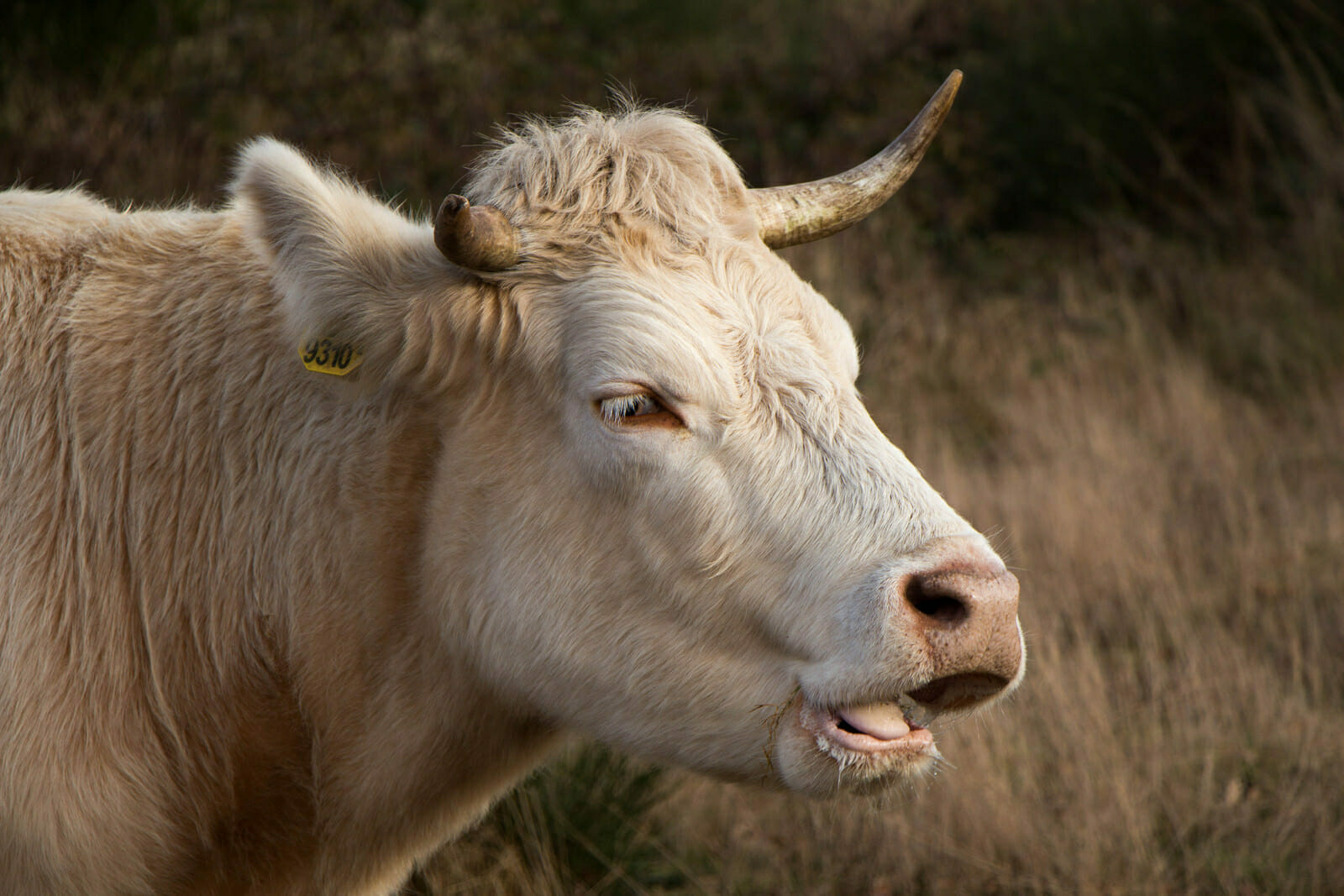
Beef Down: Implications of Beef Ban on Indian Communities
Religious rights and freedom to practice trade are protected and enshrined in the Indian Constitution. India is one of the most diverse countries in the world and Hindu nationalism is gripping the nation as it dives into elections this month. The top government positions in India are controlled by the BJP (Prime Minister Narendra Modi, President Ram Nath Kovind and Vice-President Venkaiah Naidu) and most northern states are under the spell of the Modi Wave. Minorities in these states have been victims of persecution and the Human Rights Watch point towards a particularly disturbing trend observed in India – cow vigilantism.
Though beef acts as a major source of meat in the West, the discourse associated with cows in India is different. Cows have been a sacred symbol in India and if one has to understand how sacred these cows are; one can just look at pictures of starving people stretching out bony hands while well-fed cows stroll in the street during famines. Practicing Hinduism is filled with contradictions. On one hand, products obtained from cows are considered sacred to the extent that cow urine is consumed by staunch Hindus despite the harm it poses to health. The consumption of cow urine in modern India has been marketed by politicians and religious leaders as healthy alternatives to existing diets, while at the same time beef consumption is seen as a taboo despite evidence showing that beef consumption was indispensable in the Vedic period. In this context, cow vigilantism in India has become a major impediment in the ideological development of the nation. In the process of protecting cows from slaughter, politicians and religious fanatics have succeeded in prioritizing an animal over human life.
To those unfamiliar with Indian politics, mob attacks by Hindu extremists affiliated with the BJP and RSS – its ideological wing – cracked down on minorities such as Muslims under the assumption that Muslim butchers slaughter cow for trade. The BJP and RSS have worked tirelessly in multiple states to ensure that cow slaughter is banned and passed laws banning cow slaughter while another has instituted a Cow Welfare Ministry. The Indian National Congress, branded by the BJP as pro-Muslim and anti-Hindu, has been mum on this policy as Hindutva grips the country.
While the West remains baffled by India’s priority, the move seems sane politically. Over 80% of Indians identify themselves as Hindus and with most of the faithful not approving of the consumption of beef, the BJP expects that the controversy will help it politically and ideologically. The beef ban is also supported through utilitarianism which posits that the most ethical choice is the one that ensures the greatest good for the greatest number of people. Furthermore, Article 48 of the Indian Constitution “prohibits the slaughter of cows and calves and other milch and draught cattle” With this ethical and legal backing, why would a religiously driven political party deny the chance to win elections by outlawing the killing of a sacred symbol?
The political benefits have resulted in drastic environmental and economic problems. For instance, buffalo slaughter is at an all-time high in Maharashtra. Given the complete ban on cattle slaughter, slaughterhouses are reporting an overwhelming number of buffaloes being brought in for slaughter. Data collected by the Department of Animal Husbandry revealed that over 9 lakh animals were slaughtered in 2017 – the highest-ever recorded in the state in the last few years. Interestingly, during this period the price of buffaloes sold in livestock markets across Maharashtra was averaging Rs 13,000-14,000 per 100 kg of animal weight, as against Rs 10,000-11,000 before the state government’s comprehensive ban on cattle slaughter and the sale prices of buffaloes rose from Rs 40,000 to Rs 60,000 in 2017. There has also been loss of jobs and has affected the export of meat. The implementation of the beef ban had led to 1,000 licensed beef traders to close their enterprises and numerous traders in Mumbai’s Deonar face losses in millions of dollars. Export of meat has also been affected. According to members of the Qureshi community, exports fell with the implementation of the ban as procuring cattle for slaughter became difficult. The beef ban has become a blanket ban covering all cattle and hence slaughtering buffaloes is also prohibited.
Another aspect of the beef ban is its social dimension. For instance, when a cow dies, an Untouchable, a member of one of the lowest ranking castes in India, is summoned to haul away the cadaver. Higher castes consider the body of the dead cow polluting and handling a dead carcass would involve going through a rite of purification. The process of disposing cows is different if it has died naturally. Untouchables first skin the dead animal and either tan the skin themselves or sell it to a leather factory. Communities such as the Qureshis who have traditionally slaughtered cows believe that they are being discriminated against. In his book titled A People’s Constitution: The Everyday Life of Law in the Indian Republic, Rohit De outlines that the Qureshis feel that a ban on beef creates a divide between Muslims who slaughter cows and Muslims who slaughter other animals. This discrimination eventually led the community to file two petitions in the Supreme Court against the total beef ban in Maharashtra in 2016.
Though it seems to make sense that lesser number of cows killed means lesser cadavers to handle, the Dalits still engage with beef in the confines of their houses. In the privacy of their homes, contrary to the practices of the 21st century, Hindus untouchable castes cook the meat and eat it. Indians of all castes rarely acknowledge the existence of these practices to non-Hindus, but more are aware that beef eating takes place. The prohibition against beef eating restricts consumption by the lower castes and impedes the distribution of animal protein to the poorest sectors of the population that otherwise would have no source of these vital nutrients.
Though the current debate on beef ban seems to be revolving around Hindutva and BJP, it is imperative to note that it was the Congress, a party that calls itself secular, that banned the slaughter of cows and trade of beef in India. The ban was challenged in the Supreme Court in 1979 by the Quershi community, who challenged the same ban in 2016 in Maharashtra, stating that the ban violated their right to practice religion as they could not engage in Qurbani with ease. The ban was eventually revoked but the implementation of the ban by the Congress has been highlighted numerous times by BJP politicians. What differentiates the Congress ban from the BJP ban is that sentiment against the slaughter of cows has gained momentum under the current government.
The question of cow slaughter is and will always be controversial in India. With the Lok Sabha elections underway, it seems that the slaughter of cows and cow vigilantism has taken the backseat. Politicians have resorted to classic name-calling, insulting women politicians and dodging difficult questions while the livelihood of an entire community and the lives of minorities are threatened. The next government needs to ensure that cow vigilantism can be addressed under the law by amending Article 48 and ensuring that the accused are convicted under relevant IPC sections.

